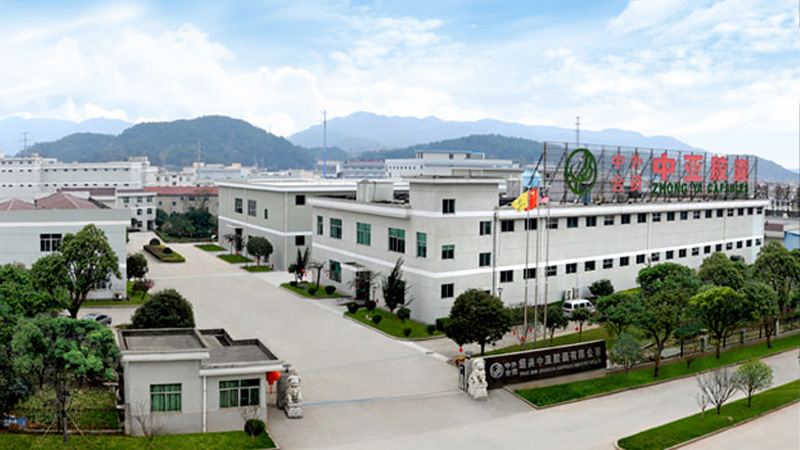Product Consultation
Your email address will not be published. Required fields are marked *


Most capsules are made of gelatin. Gelatin is widely used in many foods, such as pudding, sweets, candied fruit, chewing candies, icing, whipped cream toppings, dips, etc. In food applications, gelatin can play the role of gelation, thickening, stabilization, ventilation, is a very popular, nutritious and fat-free ingredients. Due to its hypoallergenic and water-absorbing properties, gelatin is also widely used in many daily necessities, such as cosmetics and toiletries. Gelatin is a water-soluble protein extracted from collagen, and collagen is the main natural protein component in connective tissue. Gelatin can be extracted from its collagen by processing animal skins and bones in a controlled extraction process. There are many types of gelatin.
The capsules are made of pharmaceutical-grade gelatin, which meets the strict requirements of the United States Pharmacopoeia and other international agencies that set standards for the materials required for pharmaceutical production. In addition to gelatin, capsules can also use non-animal-derived materials as raw materials to meet the special requirements of various cultures and diets including vegetarians and patients with restricted diets. Pullulan and hypromellose are two non-animal-derived capsule materials. Pullulan is a water-soluble polysaccharide produced by fermentation, and its safety has been widely recognized by regulatory agencies in various countries. It has been used in commercial production for more than 25 years and is widely used in the food and pharmaceutical industries. Hypromellose (HPMC) is extracted from cellulose raw materials and is widely used worldwide. In the process of producing capsules, gelatin, pullulan and hypromellose all form a film on a stainless steel die pin. The gel film on the mold needle will gradually harden after drying, and finally form a capsule, and then remove the capsule from the needle. Generally, two different sizes of needles are used; one is for the capsule and the other is the cap with a larger diameter for the two-section capsule. The capsules are then loaded into a capsule filling machine, which fills the capsules with powder, liquid or paste.

Your email address will not be published. Required fields are marked *
If you would like to learn more about our products, please feel free to contact us and we will do our to assist you.
No.1 Tianzhu 3rd Road, Dufu Town, Xinchang County, Zhejiang Province
86-575 8606 0065
86-159 8825 2009
+86 159 8825 2009
+1 380 215 7432
